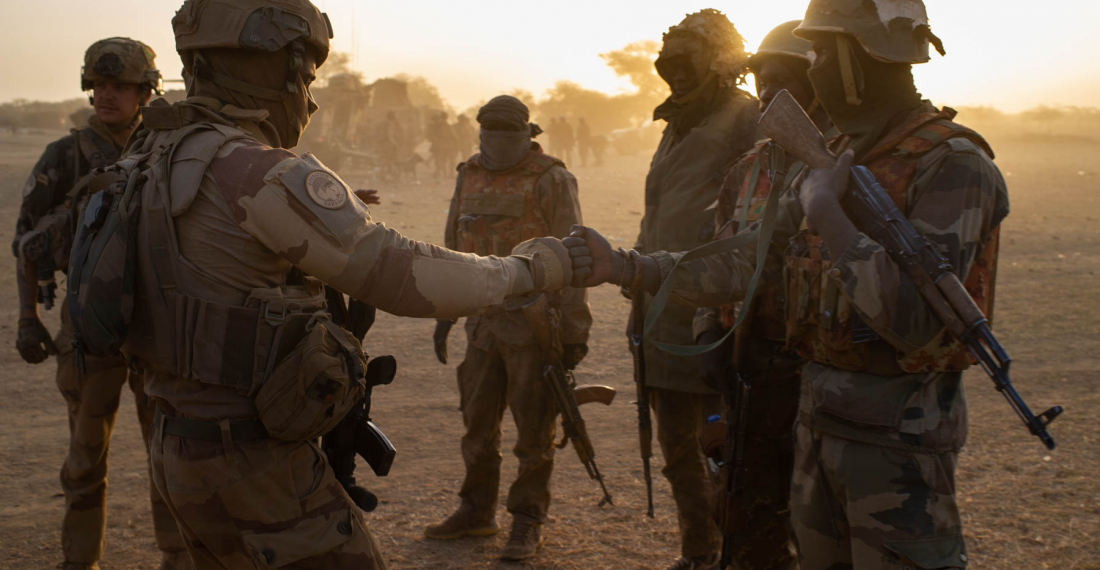Around 50 civilians died in northeastern Mali on Sunday (8 August) in attacks by suspected jihadists against three neighbouring towns close to the border with Niger, according to a provisional report by local authorities today (9 August). The attackers arrived on motorbikes and took the villagers by surprise.
According to a document from the local prefecture consulted by Agence France-Presse (AFP), 51 people were killed in simultaneous attacks against the communes of Karou, Ouatagouna and Daoutegeft, in Mali's Gao region. Houses were ransacked and set on fire and livestock taken, the report adds.
“In Karou, 20 civilians were massacred. In Ouatagouna, 14 civilians were killed, and in the hamlet of Daoutegeft, other civilians were massacred,” an elected official from one of the localities told AFP. Without giving further details, AFP says an elected official from a fourth locality reported an additional attack on his village. A military detachment was reportedly dispatched to the area to bring aid to the populations; however, AFP reports that communications within the area are poor. The region, like part of northern Mali, has been largely cut off from networks in recent days due to attacks on telecommunications infrastructure blamed on jihadists.
Since 2012, Mali has found itself in a state of political and security turmoil, struggling to fight terrorist groups, even with support from Europe – particularly France, through its military operation Barkhane. In the Gao region, Islamist insurgents linked to Al Qaeda and Islamic State are reported to be very active. In late June, an attack on the UN mission MINUSMA claimed the lives of 13 UN peacekeepers in the region.






